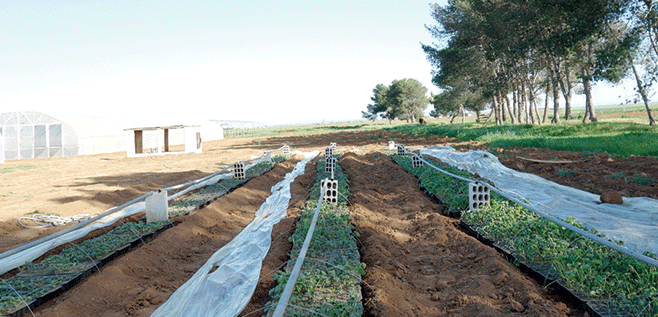Recognising that women are involved in all sectors of the economy in Rojava, Co-chair of the Economic Committee, Leman Hesseno, says they are strongest in agricultural cooperatives.
The co-chair of the Economic Committee, Leman Hesseno, told ANF’s Beritan Sarya about the level of the development of the women’s economy and the problems they have experienced.
Hesseno who compares the newly launched women’s economy to a child’s development, says, “Economic life is a basic part of women’s existence, yet the state system has taken women out of the economy. Now women are beginning anew to strengthen their tie with the economy.”
In production as in trade
”In Rojava, the basis of the economy is agriculture,” says Hesseno, noting that the land in Rojava is rich enough to feed the whole of society.Cooperatives have been founded in several towns and women are present in all economic projects, both in production and in trade.
Women at ministerial level
Hesseno also noted that women participate at the Ministry of Economics. “A unique department dedicated to women’s economics has been formed in the Ministry. At the moment, work is in progress to launch this department and to write a set of regulations. This is a collaboration between Kongreya Star, the TEV-DEM Women’s Council and the Cizîrê Canton Economic Ministry”.
Hessen also noted that women participate at the economy ministry. ” as a part of this time ministry, a unique women department is being formed. At the moment, regulations and rules about this department is being made ( or introduce or still working on it… you can choose the appropriate one) And the rest of it is the same
Distanced from production
Despite the acceleration of the women’s economic system, Hesseno pointed out that there are some problems stemming from mentality. She says, “We have met with two problems in organising the women’s economic system and we continue to encounter them. We were removed from production as a society. The Assad regime had a specific policy for Rojava. For example, Rojava was not allowed to produce anything other than wheat. Fruits, vegetables and other products were produced in cities like Aleppo. The society was willing to accept this in exchange for receiving seeds and diesel for free. But whenever he wanted to, Assad would create a crisis by stopping the development of these products or sharply raising the prices. He took the wheat for next to nothing and sold back the bread expensive. This is how society was cut off from production.Only with an autonomous self-governing society have we met with an integrated production approach.
Agricultural cooperatives are better
Hesseno says that another problem they have faced is women’s reluctance to take up economic decision-making positions because of a lack of self-confidence. ”Despite all this, our system has reached a certain level of development. At the moment, women are active in every area of economic production and there are special all-women’s cooperatives. Our strongest cooperatives are in agricultural.”
Economic academies
The lack of self-confidence was created by the state and class system, as well as the feudal society. This situation cannot be expected to solve itself, says Hesseno. This must be solved with education. She adds, “Women’s self-confidence will rise if women get to know themselves, their history, their society and their own strengths and skills. In Rojava there is a women’s education system, there are academies. A women’s council will also be founded to address economic concerns. This plays an important role in creating our economic system.”
The embargo slows projects down
Hesseno says that the war conditions and the KDP embargo are slowing efforts to develop the cooperatives and spread this system. In her words, “We are trying to take full advantage of the means we have at hand from agriculture to trade. Yet, Rojava is in a situation of prolonged war and embargo. On the one hand we are surrounded by Daesh militias and on the other hand, there is an embargo forced on us. These issues are clear, but the economic embargo imposed by the KDP through blocking the Semalka border crossing is a barrier to economic development. For example, fertiliser is needed to develop agriculture, but it can’t reach us because the Semalka border is blocked. The organic fertiliser that we produce here is not enough; and we need some tools for production. But the Semalka border remains closed and those things don’t reach us. All these factors are causing delays in our projects. Despite all this, the women’s economy is growing and we are determined to keep on developing it.”

